reviewed by Christina Lopez
Vedas are the oldest sacred scriptures found in the Hindu religion. Vedas means knowledge, and the Vedas contain immense knowledge. In the Hindu religion, plants have particular importance as they are perceived as sacred and worshipped to date.
In India, Hinduism is the prevalent religion, and people worship trees as they consider trees as deities. Not only do these Vedas contain yogic teachings but also trace the history of plants and their uses since ancient times, as present in the Atharvaveda and Rigveda.
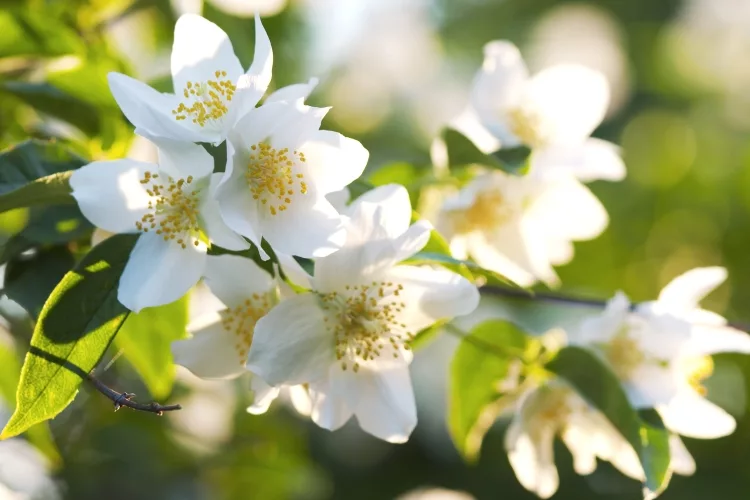
Vastu also referred to as Vastu Shastra, is the ancient mystic science of harmony and prosperous living that eliminates negative energy and enhances positivity by combining the elements of nature and energy fields. Plants that are compatible with Vastu enhance the prosperity and positivity of homes. However, to gain Vatsu benefits, the right and compatible plants need to be kept at homes.
Various sacred and essential plants are mentioned in Vedas that hold significant importance in Hindus’s lives. Five essential plants mentioned in the Vedas are listed below along with their medicinal and Vatsu benefits:
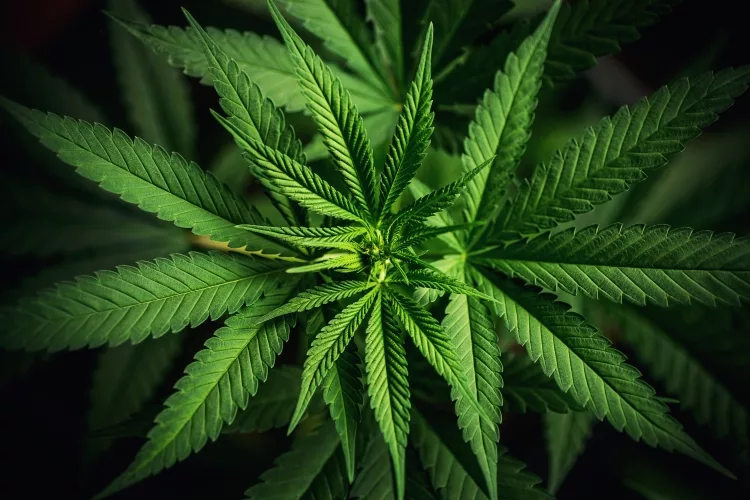
Cannabis, also known as Ganja, Bhang, is recognized as a sacred and essential plant in Vedas due to its close association with Lord Shiva. Many sages used Cannabis for advancing in spirituality due to its property of driving one into higher consciousness. Since ancient times Cannabis is being cultivated for medicinal and spiritual purposes.
Medical Benefits:
Cannabis is used as:
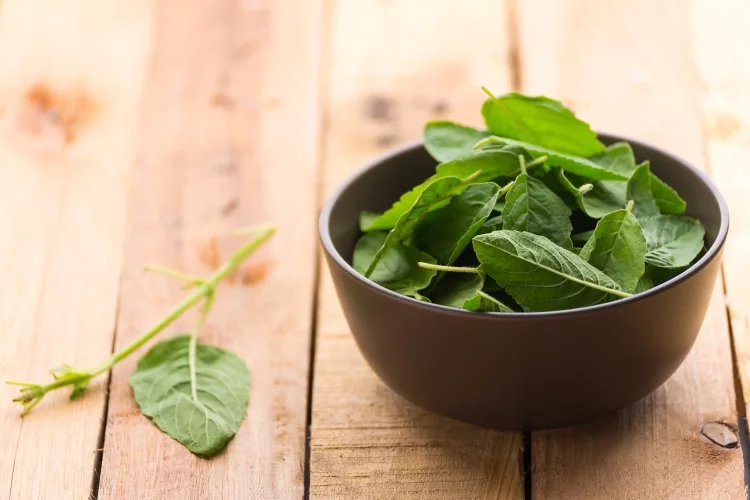
The most sacred plant mentioned in the Vedas is the Holy Basil, commonly known as Tulsi in India. Holy Basil is worshipped and regarded with the same respect as a Goddess. Every religious event and ritual is pronounced with the leaves of Holy Basil, which is why Holy Basil is found in every Indian household and considered as a symbol of purity.
Medical Benefits: Tulsi is not only revered as a symbol of purity but also used as aherbal remedy for treating mild infections and common cold. Furthermore:
Vastu Benefits:
The Holy Basil plant should be planted either in the East or North or in the North-East direction to gain Vastu benefits. Tulsi plant’s role in the Vastu is highly regarded as it acts as a purifier. Hindus believe worshipping and taking care of the Holy Basil brings about positivity, wealth, success, and happiness.
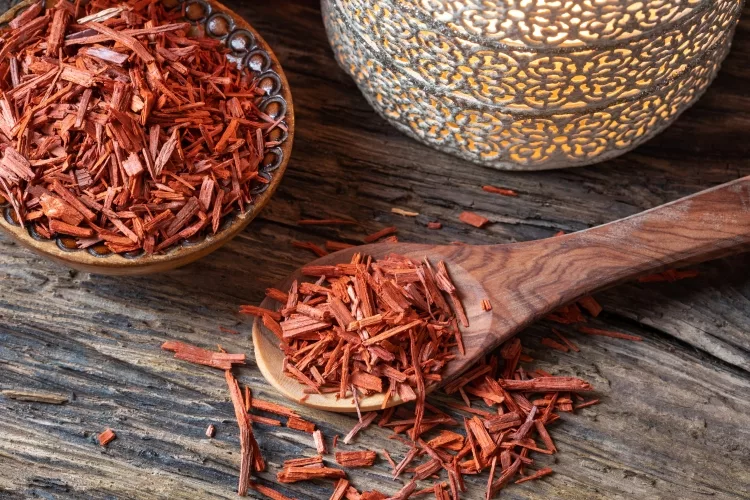
In India, Hindus commonly apply sandalwood on their foreheads as a sign of Hindu customs. Sandalwood is a sacred plant mentioned in the Vedas and is used in temples.
Medical benefits: some of the medicinal benefits of sandalwood include treating:
Vastu Benefits: A sandalwood tree brings about positivity and is considered to be auspicious.
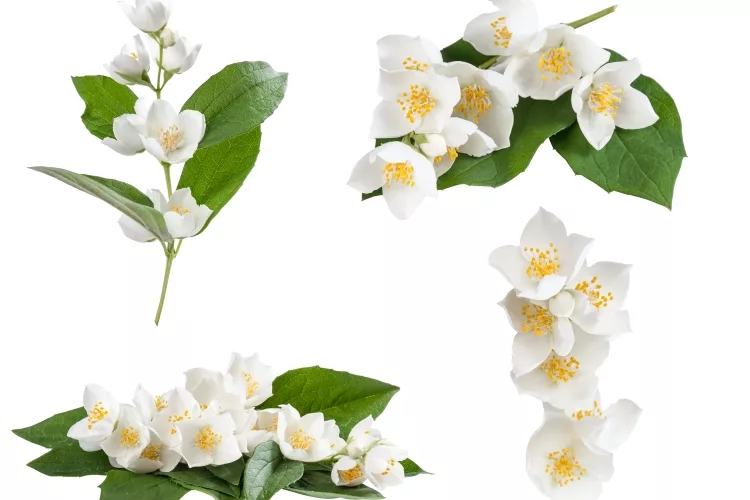
Like Cannabis, Jasmine is also associated with Lord Shiva. It is an essential plant mentioned in the Vedas, which effectively controls the mind through its aroma affecting the brain receptors.
Medicinal benefits: Few medicinal benefits of Jasmine are:
Vastu Benefits: Jasmine’s aroma has the ability to attract positivity by uplifting the spirit. For gaining Vatsu benefits from Jasmine, place it near the south-facing window indoors. Place it in the East, North or North-East when outdoors. It enhances harmony in love. Inside the house, place the Jasmine near the south-facing window and outside, in the north, east, or north-east.
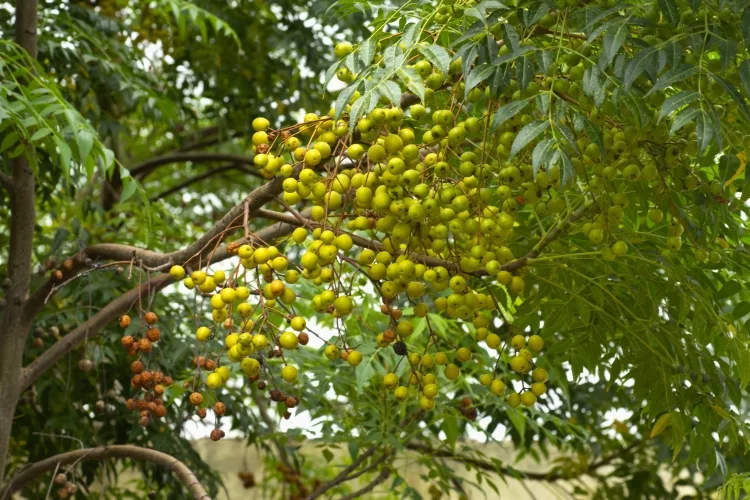
Neem, commonly known as the Indian Lilac, is often referred to as Devi as its appearance resembles Goddess Durga. Neem is one of the sacred plants recognized in the Vedas.
Medical benefits: Neem is used for treating:
Vastu Benefits: The neem tree is the best Vastu tree for homes as it enhances positivity and is considered auspicious. For Vastu benefits, it should be placed in the North-West corner.
Like any other plant, the sacred plants require an ample amount of sunlight, water, and carbon dioxide to grow. In the Hindu religion, additional care is provided for the sacred plants as they are worshipped as deities. Hindus provide offerings that include sacred threat and water to their sacred plants.
 |
 |
 |
 |

About Christina Lopez
Christina Lopez grew up in the scenic city of Mountain View, California. For eighteen ascetic years, she refrained from eating meat until she discovered the exquisite delicacy of chicken thighs. Christina is a city finalist competitive pingpong player, an ocean diver, and an ex-pat in England and Japan. Currently, she is a computer science doctoral student. Christina writes late at night; most of her daytime is spent enchanting her magical herb garden.
 |
 |
 |
 |
Check These Out
Get new FREE Gifts. Or latest free growing e-books from our latest works.
Disable Ad block to reveal all the links. Once done, hit a button below
 |
 |
 |
 |